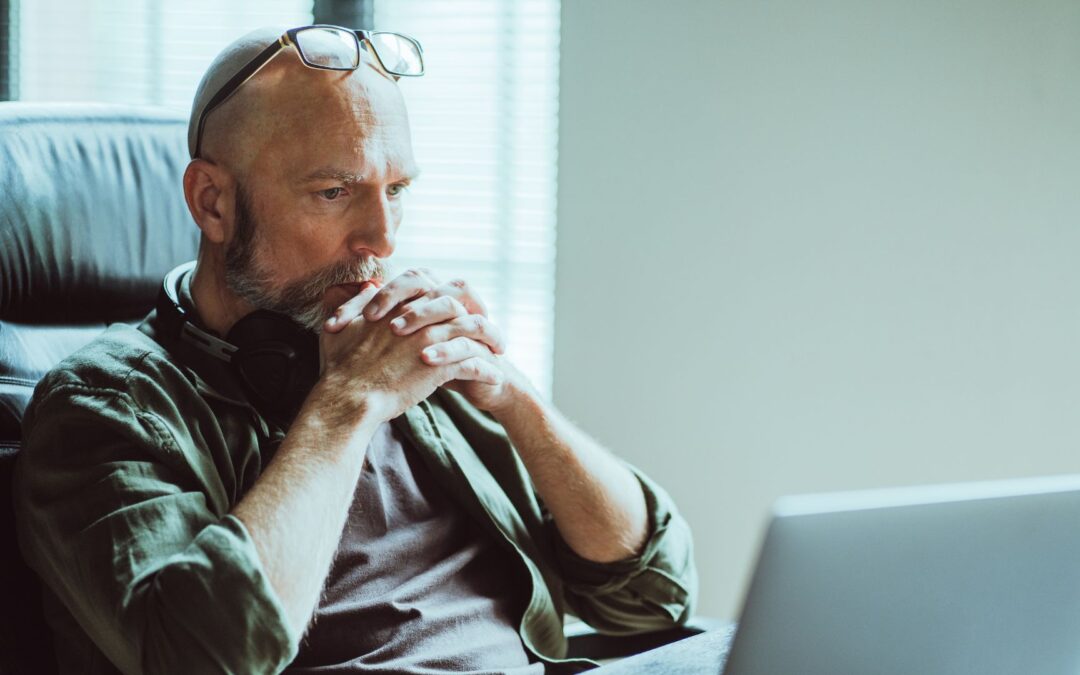We’ve all had those moments where something bad happens — a difficult conversation, an unexpected setback, a personal crisis. In those moments, the urge to react is strong. We feel compelled to make decisions fast, fix the issue, and restore some sense of order. But what if the best course of action is to do absolutely nothing for a while? To step back, breathe, and let time and rest guide you.
The phrase “sleep on it” might sound simple, but it carries a lot of wisdom. It’s a gentle reminder that in the face of adversity, rushing decisions often leads to regrettable outcomes. Instead of acting impulsively, taking time to process and gain clarity is one of the most powerful strategies we have for navigating difficult situations. Here’s why:
1. Our Emotions Can Cloud Our Judgment
When something bad happens, it’s easy to feel overwhelmed by emotions — anger, sadness, frustration, confusion. In these moments, our brain is in a state of heightened alert, where we’re more likely to make decisions driven by emotion rather than reason. Making important choices while emotionally charged often leads to actions that we later regret.
By waiting and allowing our emotions to settle, we give our rational minds a chance to catch up. The initial flood of feelings will subside, giving us the space to think more clearly. This gives us a better chance of making decisions that align with our true values, rather than reacting out of fear, defensiveness, or panic.
2. The Power of Time and Perspective
Time has a way of offering perspective that we don’t always have in the heat of the moment. When something unexpected or negative happens, our brains tend to focus on the immediate problem, often exaggerating its importance or assuming the worst. By stepping away and giving ourselves a moment to breathe, we allow ourselves to see the bigger picture.
What seems catastrophic today might not feel as daunting tomorrow, or next week. Time lets us gain distance from the emotional intensity of the situation, which in turn can lead to more measured and thoughtful responses. We may even come to realize that the decision we felt so sure about in the heat of the moment isn’t actually the best one.
3. Sleep: The Ultimate Reset Button
Sleep plays an important role in decision-making. Studies have shown that sleep helps us consolidate memories and process emotions. When we sleep on a problem, our brains continue to work on it in the background, sorting through information, assessing different outcomes, and putting things into perspective. In the morning, we often wake up with clearer minds and better insights into how to move forward.
In fact, sometimes, problems that seemed insurmountable the night before can seem more manageable after a good night’s sleep. The benefit of sleep isn’t just about resting the body; it’s about allowing the mind to reset and approach challenges from a fresh angle.
I remember that most of the times when I had a very bad day or something bad had happened to me, I went straight to bed and I slept before making any decision. It seems like I intuitively knew this “secret”.
4. Avoiding Rash Decisions That Can Worsen the Situation
Reacting too quickly can lead to decisions that escalate the problem. In relationships, for example, hasty words or actions can make the situation worse. In financial matters, knee-jerk reactions may lead to poor choices that compound the problem over time.
Taking your time to consider your options allows you to weigh the potential consequences of each choice. By avoiding impulsive decisions, you create space to think through the impact your actions might have in the long term.
5. Gathering More Information
When something unexpected happens, our first instinct may be to act, to solve the problem immediately. But often, we don’t have all the facts or a clear understanding of the situation at hand. By sleeping on it and taking a little more time, you give yourself the chance to gather additional information that could lead to a better decision.
Maybe there are details that weren’t clear in the moment, or new perspectives that arise with time. Taking a pause allows you to get the full picture before committing to any major actions.
6. Trusting Your Intuition After Time to Reflect
Sometimes, when we don’t rush, our gut feelings have a chance to surface. After a good night’s sleep and some time for reflection, we often discover that we already know what the best course of action is, even if it wasn’t obvious in the heat of the moment.
When we allow ourselves the space to listen to our inner wisdom, we often make decisions that align with our deepest values and instincts. Trusting your intuition is easier when you give it the time to emerge, free from the pressure of immediate action.
7. Creating Space for Creativity and Problem-Solving
Time away from a stressful situation can stimulate creativity and new ideas. Instead of focusing all your energy on solving the problem in a conventional way, stepping back can open the door to innovative solutions. Creativity often thrives when we give ourselves time to think freely, without the stress of urgent deadlines or emotional reactions.
Sleep, relaxation, and time for mental space allow your mind to wander, explore new possibilities, and find alternative ways forward that might not have been clear when you were in the middle of the crisis.
8. Building Emotional Resilience Over Time
One of the ultimate benefits of learning to sleep on tough decisions is the development of emotional resilience. By practicing patience and taking time before reacting, we train ourselves to respond thoughtfully rather than react impulsively. This builds emotional strength and prepares us for future challenges, making it easier to navigate life’s ups and downs with greater composure.
9. The Wisdom of Slowing Down
In today’s fast-paced world, there’s often pressure to act quickly, especially when something bad happens. However, true wisdom often lies in slowing down. By resisting the temptation to act immediately and instead choosing to take a step back, we allow ourselves the time and space needed to make better, more informed decisions.
Taking time doesn’t mean being passive. It means being intentional, giving yourself the chance to think critically, emotionally recover, and come to a decision that truly serves you in the long run.
The Quiet Power of Patience
In moments of crisis, it’s easy to feel that we must react immediately, to fix things as quickly as possible. But more often than not, the best choice is to simply pause, sleep on it, and give ourselves the time and space to process. By allowing our emotions to settle, our minds to clear, and our intuition to rise, we make decisions that are more thoughtful, balanced, and aligned with our true values.
So next time life throws something difficult your way, resist the urge to act hastily. Take a breath, take a step back, and sleep on it. Your future self will thank you.





